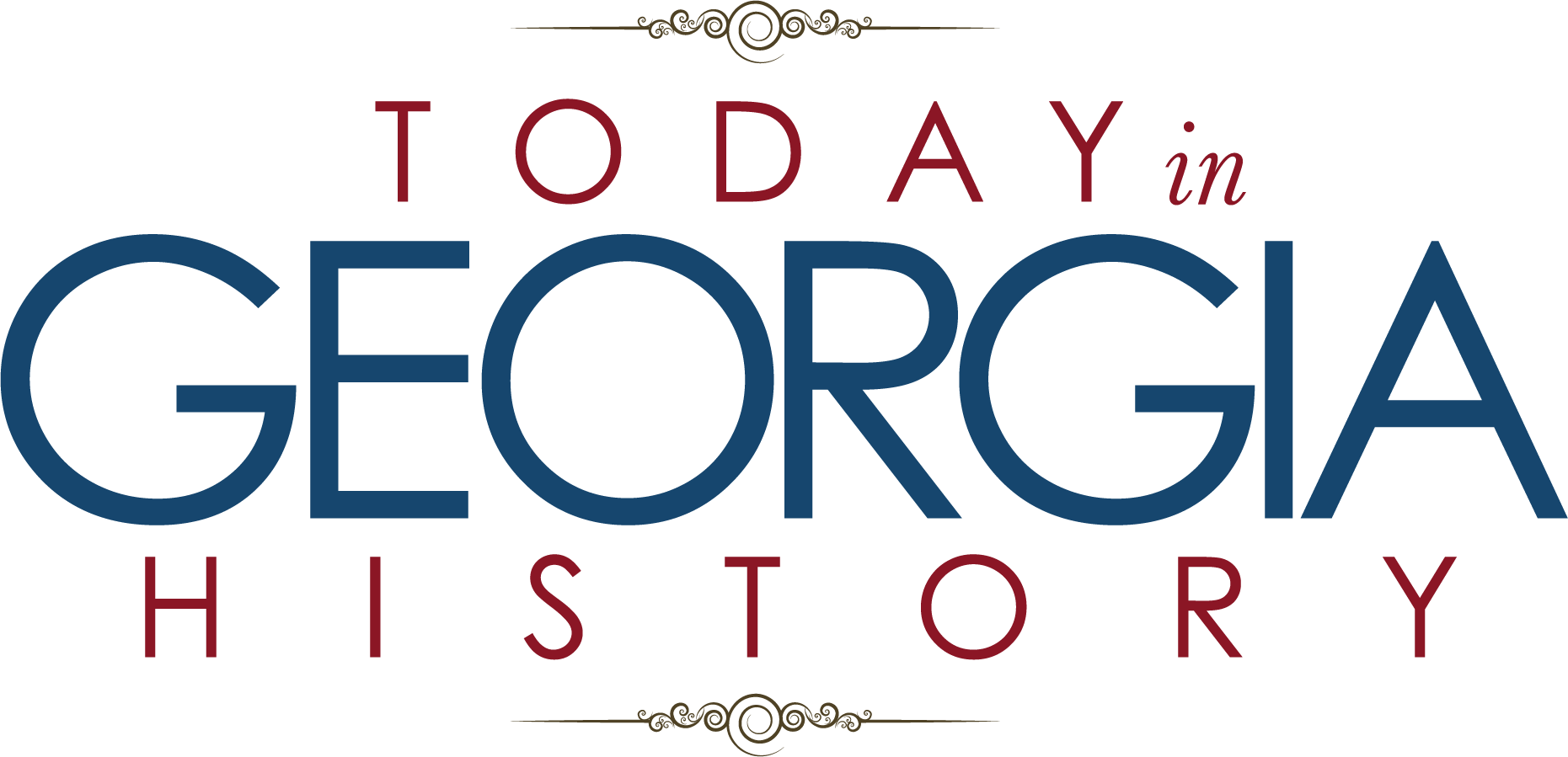Daily Activities – Oliver Hardy
The daily activities created for each of the Today in Georgia History segments are designed to meet the Georgia Performance Standards for Reading Across the Curriculum, and Grade Eight: Georgia Studies. For each date, educators can choose from three optional activities differentiated for various levels of student ability. Each activity focuses on engaging the student in context specific vocabulary and improving the student’s ability to communicate about historical topics.
One suggestion is to use the Today in Georgia History video segments and daily activities as a “bell ringer” at the beginning of each class period. Using the same activity daily provides consistency and structure for the students and may help teachers utilize the first 15-20 minutes of class more effectively.
Optional Activities:
Level 1: Provide the students with the vocabulary list and have them use their textbook, a dictionary, or other teacher provided materials to define each term. After watching the video have the students write a complete sentence for each of the vocabulary terms. Student created sentences should reflect the meaning of the word based on the context of the video segment. Have students share a sampling of sentences as a way to check for understanding.
Level 2: Provide the students with the vocabulary list for that day’s segment before watching the video and have them guess the meaning of each word based on their previous knowledge. The teacher may choose to let the students work alone or in groups. After watching the video, have the students revise their definitions to better reflect the meaning of the words based on the context of the video. As a final step, have the students compare and contrast their definitions to their textbook, dictionary or other teacher provided materials definitions.
Level 3: Provide the students with the vocabulary list and have them use their textbook, a dictionary, or other teacher provided materials to define each term. After watching the video, have the students write a five sentence paragraph based on the provided writing prompts.
Vocabulary/Writing Prompts:
Duo Comedy Tribute Bumbling Whimpering Foil Twiddling
Writing Prompts
1. What is a foil? In a five-sentence paragraph define the term foil in your own words, then explain how a foil adds value to a comedy.
2. Is there something about laughing that lasts? Why do you think comedians like Oliver Hardy become so famous their performances are remembered for generations? In a five-sentence paragraph explain why you think comedy is so important in our culture.
3. In a five-sentence paragraph discuss some of the change and continuity in the film industry since the time Oliver Hardy was actively working.
Related Georgia Performance Standards:
Reading Across the Curriculum (Grades 6-12)
SSRC1 Students will enhance reading in all curriculum areas by:
c. Building vocabulary knowledge • Demonstrate an understanding of contextual vocabulary in various subjects. • Use content vocabulary in writing and speaking.
• Explore understanding of new words found in subject area texts. d. Establishing context
• Explore life experiences related to subject area content. • Discuss in both writing and speaking how certain words are subject area related. • Determine strategies for finding content and contextual meaning for unknown words.
Reading and British Literature, Grades 10, 11, 12
ELABLRL1 The student demonstrates comprehension by identifying evidence (i.e., examples of diction, imagery, point of view, figurative language,
symbolism, plot events, main ideas, and characteristics) in a variety of texts representative of different genres (i.e., poetry, prose [short story, novel, essay, editorial, biography], and drama) and using this evidence as the basis for interpretation. The student identifies, analyzes, and applies knowledge of the themes, structures, and elements of dramatic British and Commonwealth literature and provides evidence from the text to support understanding; the student:
a. Identifies and analyzes types of dramatic literature (i.e., tragedy, comedy, verse play). b. Analyzes the characters, structures, and themes of dramatic literature. c. Identifies and analyzes dramatic elements, (i.e., monologue, soliloquy, aside, foil, satire,
stock characters, dramatic irony). d. Identifies and analyzes how dramatic elements support and enhance the interpretation of
dramatic literature.symbolism, plot events, main ideas, and characteristics) in a variety of texts representative of different genres (i.e., poetry, prose [short story, novel, essay, editorial, biography], and drama) and using this evidence as the basis for interpretation. The student identifies, analyzes, and applies knowledge of the themes, structures, and elements of dramatic British and Commonwealth literature and provides evidence from the text to support understanding; the student:
a. Identifies and analyzes types of dramatic literature (i.e., tragedy, comedy, verse play). b. Analyzes the characters, structures, and themes of dramatic literature. c. Identifies and analyzes dramatic elements, (i.e., monologue, soliloquy, aside, foil, satire,
stock characters, dramatic irony). d. Identifies and analyzes how dramatic elements support and enhance the interpretation of
dramatic literature.



